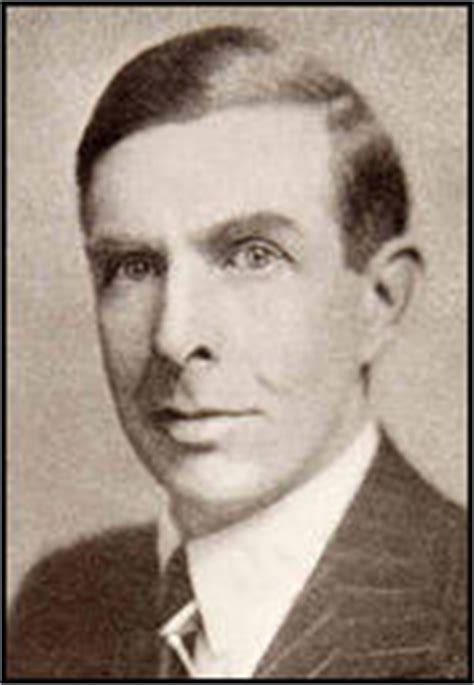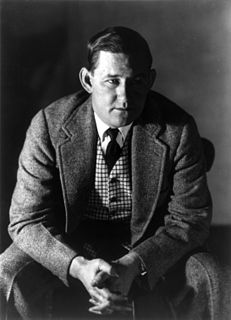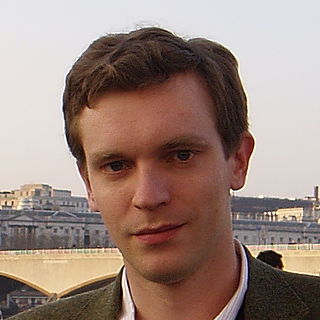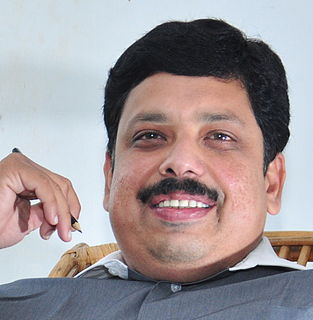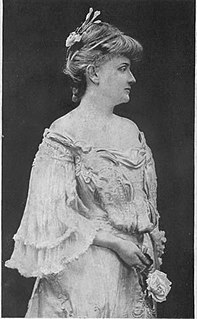A Quote by William Bolitho
Only the poet has any right to be sorry for the poor, if he has anything to spare when he has thought of the dull, commonplace rich.
Related Quotes
Cliche refers to words, commonplace to ideas. Cliche describes the form or the letter, commonplace the substance or spirit. To confuse them is to confuse the thought with the expression of the thought. The cliche is immediately perceivable; the commonplace very often escapes notice if decked out in original dress. There are few examples, in any literature, of new ideas expressed in original form. The most critical mind must often be content with one or the other of these pleasures, only too happy when it is not deprived of both at once, which is not too rarely the case.
In Utopia, where every man has a right to everything, they all know that if care is taken to keep the public stores full, no private man can want anything; for among them there is no unequal distribution, so that no man is poor, none in necessity; and though no man has anything, yet they are all rich; for what can make a man so rich as to lead a serene and cheerful life, free from anxieties.
I had come to see that the great tragedy in the church is not that rich Christians do not care about the poor but that rich Christians do not know the poor...I truly believe that when the rich meet the poor, riches will have no meaning. And when the rich meet the poor, we will see poverty come to an end.
It is easy to say that there are the rich and the poor, and so something should be done. But in history, there are always the rich and the poor. If the poor were not as poor, we would still call them the poor. I mean, whoever has less can be called the poor. You will always have the 10% that have less and the 10% that have the most.
When the rich plunder the poor of his rights, it becomes an example for the poor to plunder the rich of his property, for the rights of the one are as much property to him as wealth is property to the other, and the little all is as dear as the much. It is only by setting out on just principles that men are trained to be just to each other; and it will always be found, that when the rich protect the rights of the poor, the poor will protect the property of the rich. But the guarantee, to be effectual, must be parliamentarily reciprocal.
